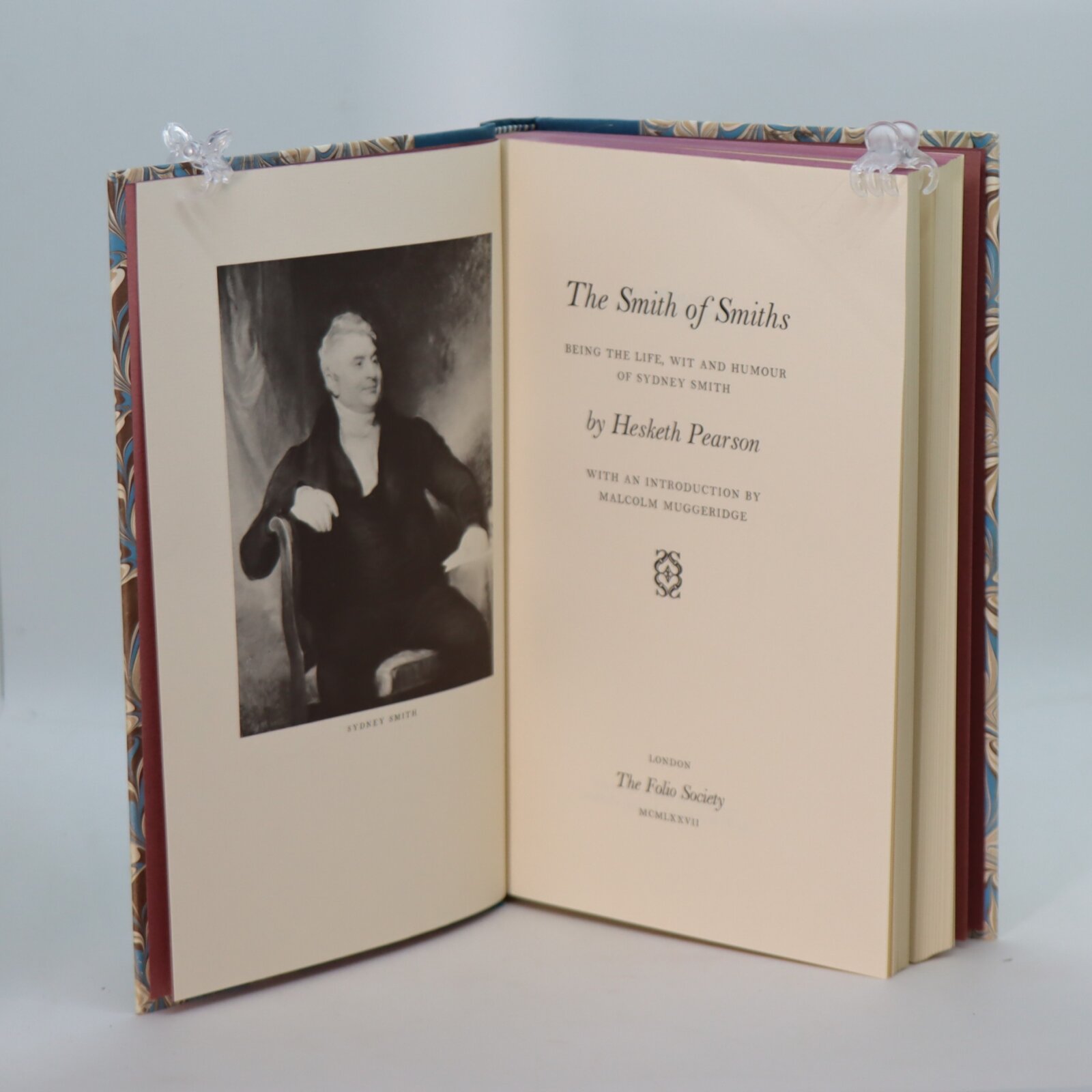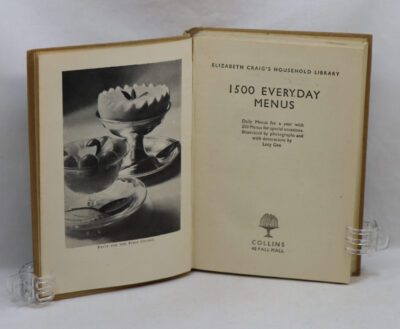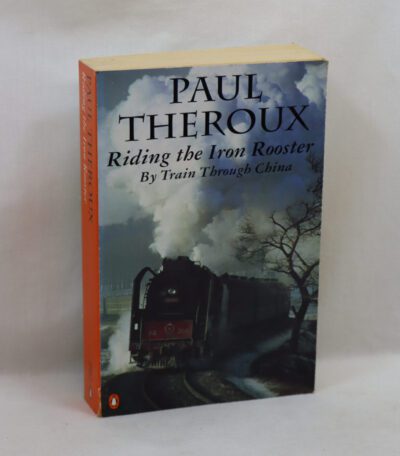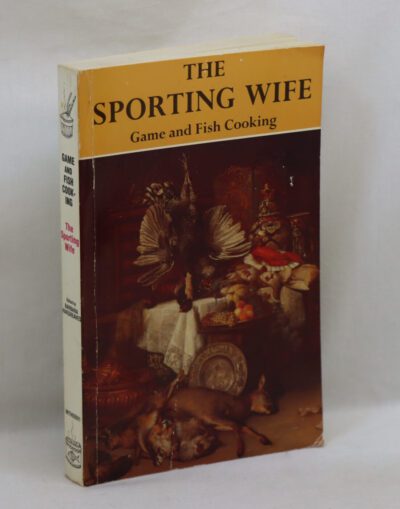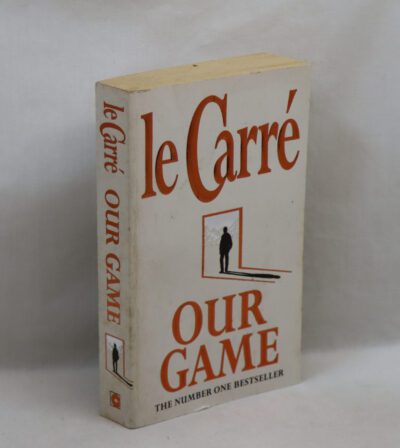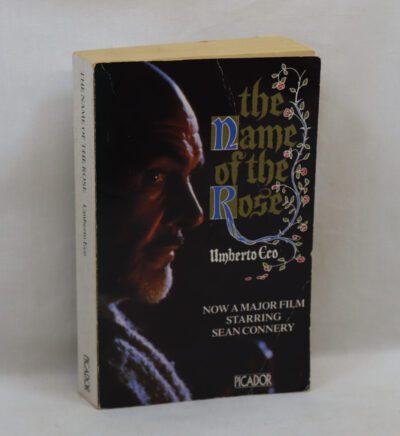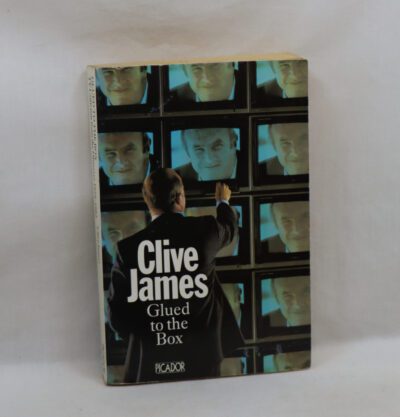The Smith of Smiths.
By Hesketh Pearson
ISBN: 9780403011469
Printed: 1977
Publisher: Folio Society. London
| Dimensions | 16 × 24 × 3 cm |
|---|---|
| Language |
Language: English
Size (cminches): 16 x 24 x 3
Condition: Fine (See explanation of ratings)
Item information
Description
In a fitted box. Turquoise cloth spine with gilt lettering and decorative banding. Turquoise and tan marbled paper boards.
Queen Victoria was amused! It may seem unlikely but the preface to this famous biography is given over to quotes from his contemporaries. Not all the quotes are favourable but the rollcall is dazzling: Byron, Macaulay, Walter Scott, George III and IV, Disraeli, Sheridan, Dickens etc. Queen Victoria herself is not actually quoted but ‘from various sources’ Hesketh Pearson records,’ Queen Victoria used to go into fits of laughter at the sayings of Sydney Smith, which were repeated to her by Lord Melbourne.’ From the same section we also learn, somewhat surprisingly, that Abraham Lincoln was an admirer, too, and that when Sarah Siddons, ‘who never jeopardized her deportment in society as a tragedy queen by lapsing into laughter’ first met Sydney Smith she ‘developed convulsions and had to be helped from the table.’ Richard Ingrams has written, ‘that of all his (Hesketh Pearson’s) subjects Sydney Smith came closest to his own in character, and for that reason the book is probably his masterpiece.’ There is no reason to dissent from that, especially when one remembers writers of the calibre of Graham Greene, Max Beerbohm and P. G. Wodehouse were such enthusiasts for it. And the title? Wishing to pay him the ultimate compliment, it was Macaulay who dubbed Sydney Smith, ‘The Smith of Smiths’.
Sydney Smith (3 June 1771 – 22 February 1845) was an English wit, writer, and Anglican cleric. Smith’s reputation among his contemporaries as a humourist and wit grew to such an extent that a number of the observations which are now attributed to him may be of doubtful provenance. Lord Houghton recorded that he never, except once, knew Smith to make a jest of any religious subject, “and then he immediately withdrew his words, and seemed ashamed that he had uttered them”. To be set against that encomium is one of Smith’s best-known lines, to the effect that his friend Henry Luttrell’s idea of heaven was eating pâté de foie gras to the sound of trumpets. No English writer’s opinions on early American literature had more impact than Smith’s. He referred to himself as a “sincere friend of America,” but this sentiment is both supported and denied by his many publications. For instance, American writer and critic John Neal dubbed his 1820 question in the Edinburgh Review, “In the four-quarters of the globe, who reads an American book?” as “insolent” and said he would “furnish a pretty good answer” by traveling to England in 1823, where he became the first American published in any British literary journal.
Long after his death, he was often quoted in English literary life and was remembered by homemakers in the United States through his rhyming recipe for salad dressing.
Jane Austen expert Margaret C. Sullivan speculates in an essay that the character Henry Tilney, the romantic interest of the protagonist Catherine Morland in Jane Austen’s Northanger Abbey (1803), may have been based on Smith.
The memory and achievements of Smith are perpetuated by the Sydney Smith Association, a registered charity which aims (among other things) to republish online as many of his writings as possible.
Want to know more about this item?

Share this Page with a friend

